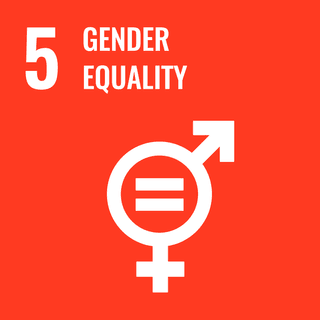Fireside Chat: What prevents us from Stereotyping?
Unconscious biases, known as Unconscious Bias, are increasingly shaping the workplace. It manifests in various aspects of professional life – from mothers being labeled as unproductive, to career changers whose experience is reduced to their lack of formal education, to individuals over 50 who are denied opportunities. The discussion about the impact of unconscious biases on the professional environment and their mitigation is becoming more urgent. At the same time, Artificial Intelligence (AI) is playing an increasingly important role in the HR sector, automating tasks and optimizing processes. Despite benefits such as increased efficiency, there are risks such as bias and privacy concerns. A conscious integration of AI is crucial to maximize benefits and minimize drawbacks. The use of AI in the HR selection process is gaining importance as companies employ trial-and-error approaches to find the best solutions. How can we effectively combat biases and optimize the potential of AI in the HR sector, and how can we also work on ourselves to not entertain biases?

Unconscious biases can contribute to women being disadvantaged in the workplace, whether through the stigmatization of mothers or other forms of discrimination. Combating biases is crucial to reducing gender inequalities in the workplace and promoting a gender-equal working environment.

Unconscious biases can lead to certain groups, such as older individuals or career changers, being disadvantaged and not receiving a fair chance at employment. Eliminating biases is important to create an inclusive work environment and provide equal employment opportunities for all individuals.

The discussion about the influence of unconscious biases in the professional environment and their combat contributes to addressing and reducing inequalities in the workplace. By promoting diversity and inclusion, a fairer and more integrative work environment is sought.

Dena Simmons
Founder and Executive Director
// LiberatED

Annahita Esmailzadeh
Tech Leader Microsoft, Business Influencerin Linkedin & Bestsellerautorin
// Microsoft
philipplipiarski-01.jpg)
Nikolai Dürhammer
Arbeitsmarktexperte und Managing Director von Stepstone Österreich & Schweiz
// The Stepstone Group Österreich GmbH

Philipp Maschl
Host
// ORF